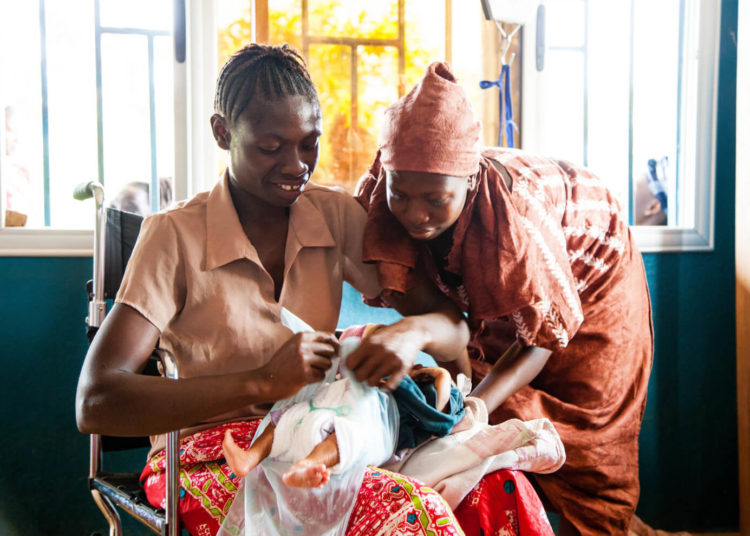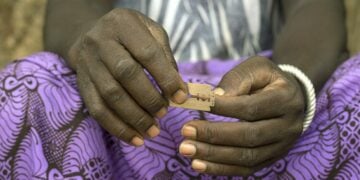Maternal mortality remains a pressing challenge worldwide, particularly in low and middle-income countries, where thousands of women lose their lives during pregnancy and childbirth.
In Nigeria, the statistics are sobering as the country accounts for nearly 20 percent of global maternal deaths, with an estimated 512 maternal deaths per 100,000 live births.
Stressing the critical role of family planning in addressing maternal and infant morbidity, former minister of health and conference chairman at the 8th National Family Planning Conference, Prof. Isaac Adewole, highlighted the alarming maternal mortality rate in the country.
He explained that over 19 percent of married women in Nigeria face an unmet need for contraception, often resulting in unintended pregnancies and unsafe abortions, which contribute to maternal deaths.
In the same vein, the chairman, Association for the Advancement of Family Planning (AAFP), Dr. Ejike Orji said that high fertility rates, coupled with low family planning uptake, contribute to poor maternal and child health outcomes and exacerbate rapid population growth.
However, family planning offers underutilised solution to this crisis. By enabling women and couples to plan and space pregnancies, access to contraception reduces the risk of complications associated with unintended pregnancies, closely spaced births, and unsafe abortions.
Studies have shown that meeting the unmet need for contraception could prevent up to 30 percent of maternal deaths globally.
Contraceptive use allows women to delay pregnancies until they are physically and emotionally ready, reducing the risk of maternal mortality linked to conditions like anemia, high blood pressure, and hemorrhage. For adolescent girls, who are at higher risk of complications during pregnancy, family planning provides a critical means of protecting their health and futures.
The impact of family planning extends beyond health, said Dr. Orji, explaining that every dollar invested in contraceptive services saves three dollars in maternal and newborn healthcare costs. “These savings can be reinvested in education, infrastructure, and other social programs that uplift communities,” he added.
Dr. Orji, who was also the chairman of the Local Organising Committee of the conference, described family planning as a transformative tool that saves lives, reduces maternal and infant mortality, promotes gender equity, and fosters economic progress.
“It saves lives, reduces maternal and infant mortality, promotes gender equity, and also advances social and economic progress.
Despite its benefits, family planning uptake in Nigeria remains low. With a contraceptive prevalence rate (CPR) of only 15 percent and an unmet need for contraception at 21 percent, millions of Nigerian women lack access to the services they need.
Barriers such as cultural norms, religious beliefs, limited awareness, and inadequate healthcare infrastructure hinder progress
According to Dr. Orji, family planning programmes are making strides in the country but challenges persist, stating that disparities in assets shaped by regional, educational, and socioeconomic differences continue to deny millions of women and girls the autonomy to make decisions about their reproductive health.





